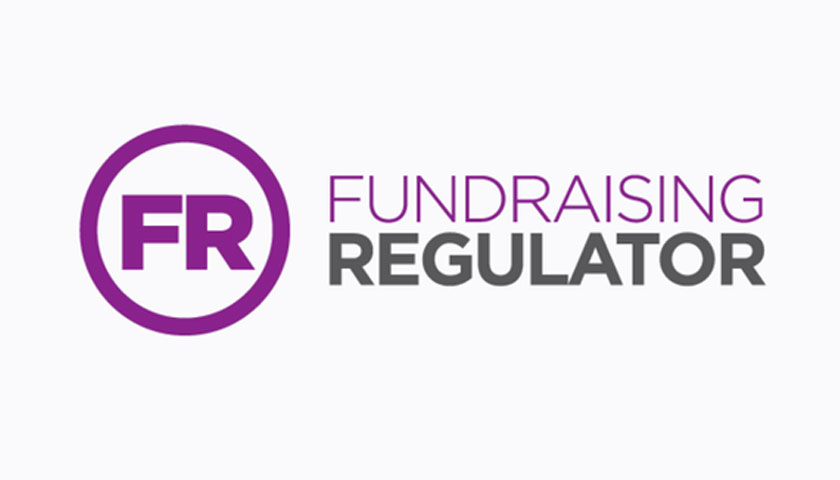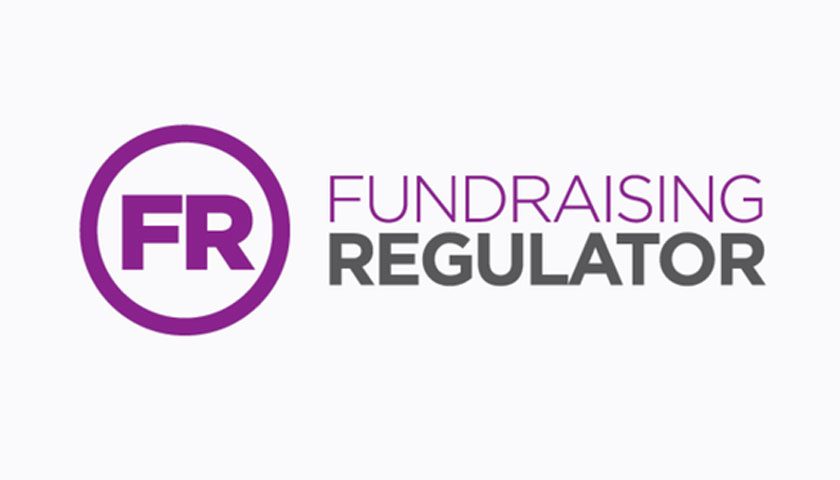The Fundraising Regulator has recently published its latest annual report and accounts for the 2021/22 financial year. This comes following research showing that awareness of the regulator has more than doubled since 2019, rising from less than one in ten, to one in five members of the general public.
They also announced a 98% payment rate of the annual Fundraising Levy for 1 September 2021 to 31 August 2022, by charities spending £100,000 or more each year on their fundraising activities. This demonstrates continued strong support for the voluntary regulatory model of fundraising in England, Wales and Northern Ireland.
They also saw a 14% increase in our overall number of registrants, to nearly 5,700. The rise was particularly strong amongst smaller charities, with 3,533 total registrations of organisations spending less than £100,000 on their fundraising – a 24% increase on the previous year.
The annual report also notes that our complaints caseload has significantly increased compared to before the coronavirus pandemic, and we are dealing with an increasing number of complex cases. Over the course of the reporting year 1,056 incoming cases were received, a 26% increase on 2019/20. In 2021/22, we also launched an improved Fundraising Preference Service (FPS) – which enables the public to manage direct marketing communications from registered charities – following an independent review. Changes included an increase to the total number of charities that could be suppressed in a single online transaction from three to ten, and a new option to use the service on behalf of someone who has died. There was a 10% increase in the volume of FPS suppressions compared to 2020/21, to over 6,000.
In the year ahead, they also confirmed that we will be focusing on reviews of the Code of Fundraising Practice and Fundraising Levy.
Lord Toby Harris, Chair of the Fundraising Regulator, said:
“This year continued to pose challenges for the charitable fundraising sector with the coronavirus pandemic, Ukraine conflict and cost of living pressures affecting the fundraising landscape. I commend the generosity of the British public and diligence of charities who have worked hard to maintain excellent standards whilst raising funds in this changing climate.
“As a regulator, our primary role is to protect the public. So it is encouraging to see an increasing public awareness of our work alongside a rising number of charities committing to legal, open, honest and respectful fundraising by registering with us. We look forward to further developing our proactive approach to regulation, so the public has confidence and trust in fundraising, and charitable fundraising can thrive.”

